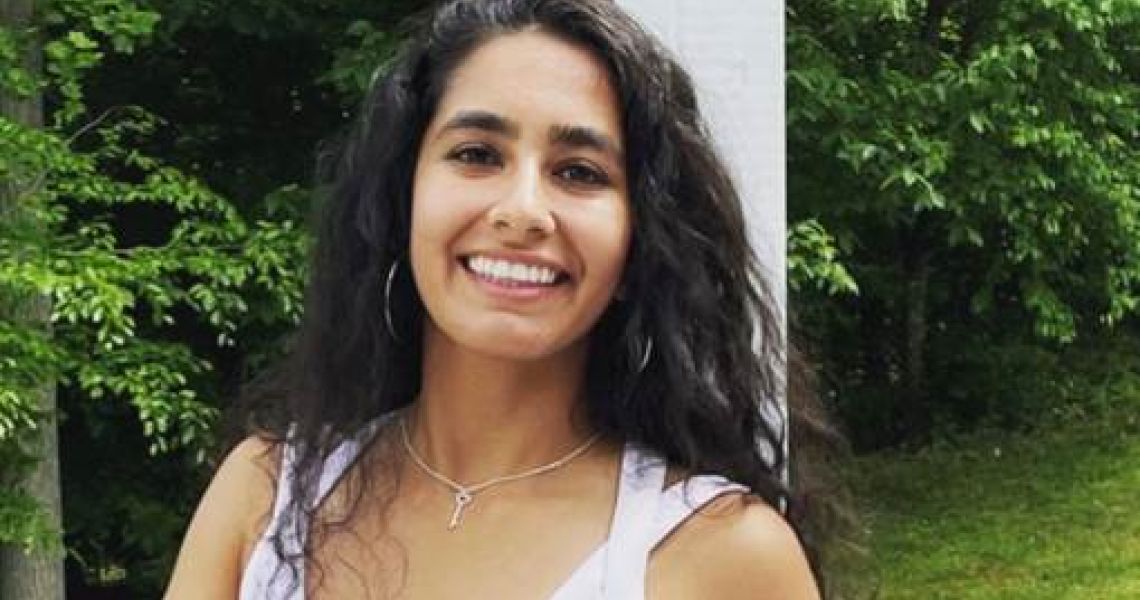Since her earliest days in the Doctor of Physical Therapy program at the George Washington University (GW) School of Medicine and Health Sciences (SMHS), Rashi Anand, DTP ’21, knew she wanted to pursue an orthopedic residency. That clear-eyed vision of her professional future is why Anand picked GW twice, first for her doctorate and now as a post professional orthopedic resident in a program offered by GW in conjunction with Johns Hopkins Hospital (JHH).
In her search for the ideal program, Anand applied to numerous outstanding orthopedic residencies, it was the interview process, however, that sealed the deal for her. While it was intense, the interview process was also extremely valuable to become acquainted with the program and faculty beyond what she knew about as a GW DPT student.
“The faculty and residents of the JHH/GW orthopedic residency program were extremely transparent about the rigorous demands and the challenging environment of the program,” Anand said, appreciating the honesty.
The JHH/GW residency program offers the advanced clinical reasoning, hand-on skills, individualized mentoring Anand sought, while also affording her the opportunity to teach her former GW DPT peers in the classroom setting.
When asked about her experience this year, Anand described it as both challenging and rewarding. “I have developed an advanced understanding of what it means to be not just a good physical therapist, but a great one,” Anand said.
“So far, I have enhanced my confidence, my clinical decision making, and my expertise in the management of individuals with orthopedic dysfunction,” she said.
While it has been rewarding, Anand cautioned that success in the program requires great time management skills. Throughout her residency, she splits her time as a clinician with her own patient caseload, a student, and a professor. She juggles journal clubs, research projects, academic conferences, and case discussions with mentors while teaching in a musculoskeletal course at GW.
When asked about future plans, Anand said she sees herself pursuing a fellowship program or a terminal degree after her residency to further advance her clinical practice or go into academia. “I still have a very long journey, but starting my career off with a residency is a monumental step in my growth as a professional,” she said.
